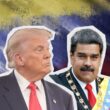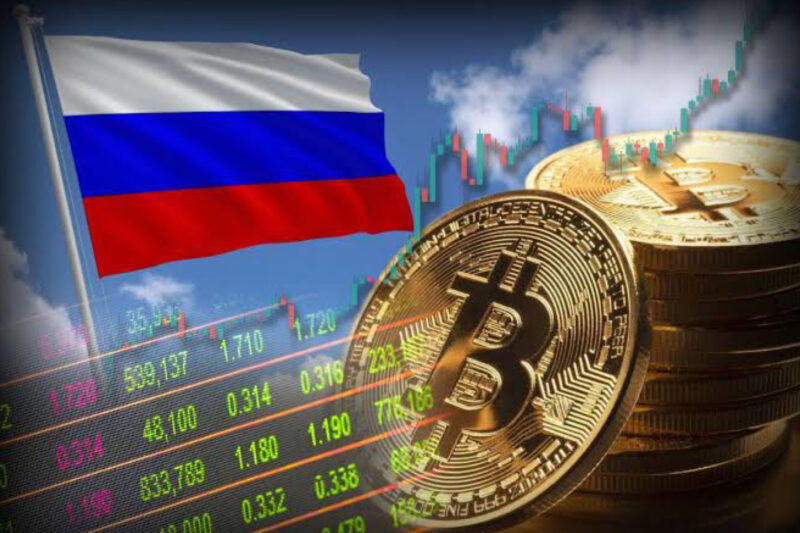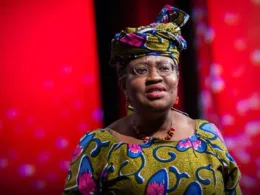Russia is set to introduce two major cryptocurrency exchanges, one in Moscow and the other in St. Petersburg, as part of its efforts to enhance foreign economic activity (FEA). Additionally, the country is considering the development of a BRICS stablecoin pegged to the Chinese yuan, furthering its dedollarization strategy.
This crypto exchange initiative aims to establish new platforms for digital transactions. However, experts have raised concerns about potential limitations and risks, especially in the context of ongoing international sanctions.
Russia’s Crypto Sector Development Plans
According to a report by Kommersant, one of the planned exchanges is expected to utilize the infrastructure of the St. Petersburg Currency Exchange (SPCE) to support foreign economic activity. The other exchange, likely based in Moscow, may either be built on the existing Moscow Exchange framework or as a separate entity within an experimental legal framework.
The primary focus of these exchanges will be on the creation and use of stablecoins, a type of cryptocurrency typically tied to a reserve of assets, such as a national currency or a basket of currencies. The Russian government is reportedly considering stablecoins linked to the Chinese Renminbi (RMB) Yuan and the BRICS currency basket. This move is intended to strengthen economic cooperation among BRICS nations (Brazil, Russia, India, China, and South Africa) and advance the dedollarization agenda through crypto and blockchain technology.
However, the development and implementation of a BRICS stablecoin via these new exchanges present significant challenges. Oleg Ogienko, CEO of BitRiver, highlighted the technological difficulties in integrating stablecoins into Russia’s blockchain infrastructure. He pointed out that, due to their legal nature, stablecoins are more akin to cryptocurrencies, which could complicate their convertibility, liquidity, and security. These complexities might impede the smooth adoption of stablecoins in Russia.
Regulatory Framework and Challenges for Crypto Exchanges
Currently, Russia’s digital asset regulation is governed by Federal Law No. 259, “On Digital Financial Assets,” which provides the legal basis for the issuance and circulation of digital assets. However, this law does not specifically address the creation or regulation of cryptocurrency exchanges.
Yaroslav Schitzle of the law firm Rustam Kurmaev and Partners emphasized the absence of a “clear and unified legal mechanism” for establishing and operating crypto exchanges under existing Russian regulations. The only relevant regulation is the Experimental Legal Regime (EPR), recently enacted, which could serve as the legal foundation for these new exchanges.
The rollout of these crypto exchanges is expected to occur in stages, initially limiting access to a select group of users, including subsidiaries of major exporters and importers, often referred to as “blue chips” in the business world. Mikhail Uspensky, a member of the expert council on the legislative regulation of cryptocurrencies in the State Duma, suggested that small and medium-sized businesses or individual users might not gain unrestricted access during the early phases. He also noted that the future of this experiment is largely dependent on the decisions of the regulator.
Implications of Global Sanctions
Despite the potential benefits, the project faces significant risks related to global sanctions. The transparency inherent in blockchain technology could lead to severe consequences if transaction data were leaked. Uspensky warned that if cryptocurrency purchases on a Russian exchange were to become public knowledge, the transactions could be flagged as suspicious and potentially blocked. He cautioned that such a scenario could severely disrupt the lives of participants in these transactions.
Additionally, future holders of these digital assets, who may have no direct connection to Russia, could also be affected. Nikita Vassev, founder of TerraCrypto, expressed doubts about the appeal of these domestic platforms, arguing that only those with no other options would use them. Vassev suggested that established, internationally recognized trading platforms would remain the preferred choice for most users unless alternatives are unavailable.
Earlier this month, Russia adopted a pro-crypto stance by legalizing crypto and Bitcoin mining. Meanwhile, India, another BRICS nation, is moving forward with its own crypto regulatory efforts, seeking public input to develop a better framework. The release of the Digital Asset Regulation (DEA) in September-October is eagerly awaited, as it will lay the groundwork for digital asset regulation in the country.










Join our Channel...